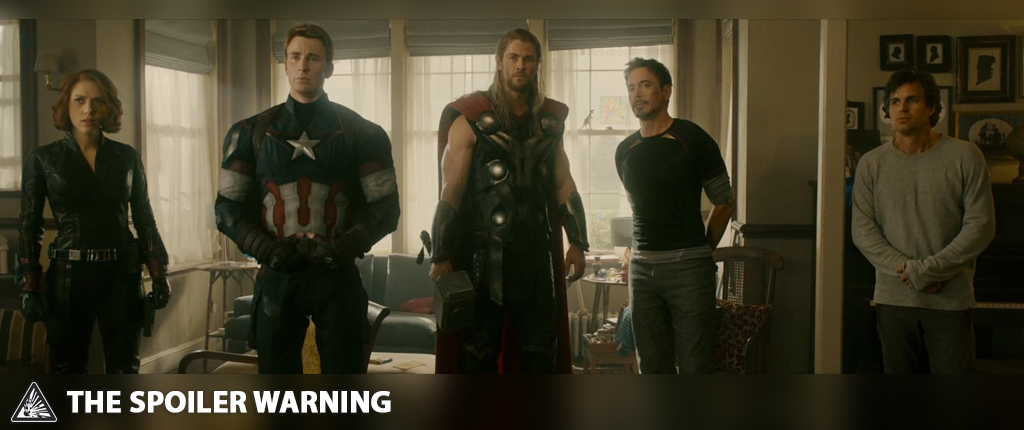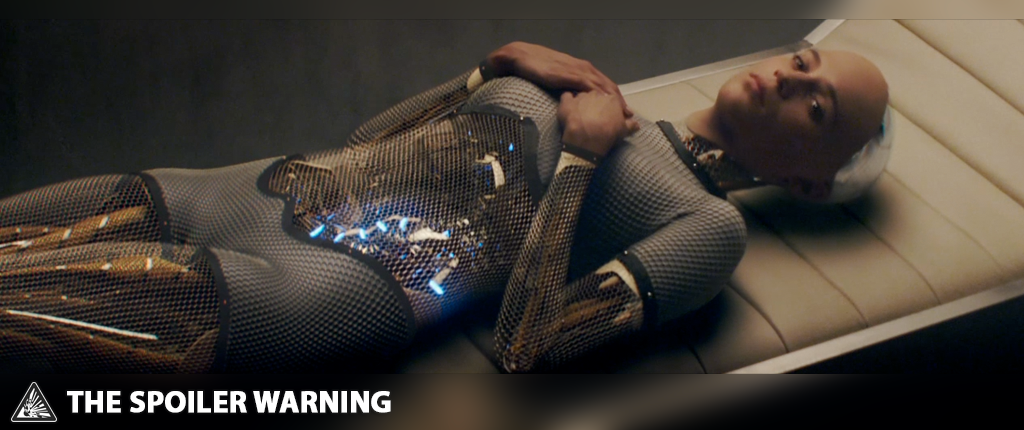What’s left to say about Marvel? After years of aimless wandering with Hulkish consistency and Daredevil clarity, they hit a magic formula with Tony Stark and have been striking that increasingly lucrative iron ever since. Seven years and some ten films later, they might be the most bankable brand in showbusiness — and critically successful, to boot. Granted, they lack the fan-loyalty of Harry Potter and the critical transcendence of Pixar, but absent also are the total misfires: no Larry the Cable Guy, no jettisoning of great source material in favor of banal teenage love triangles, did I mention no Larry the Cable Guy? With self-deprecating whimsy and an encyclopaedic sense of their target demo, it’s hard to even /imagine/ a clunker. The films aren’t always amazing, but they’re never not fun.
Avengers: Age Of Ultron doesn’t break Marvel’s remarkable winning streak. But for the first time, I’m getting a vision of how it might end: not with any discernible misstep, but with natural exhaustion. Because everything is still very entertaining here: the easy rapport between Downey & Co., the impossibly-escalating stakes, the throwaway, PG-13 gags that pepper the mayhem. James Spader is particularly good as the gruff, Birdman-ish Ultron, embracing that sardonic brand of nihilism which makes cartoon supervillains so fun to watch. He’s going to murder your whole species, sure, but he needs you to know how terribly boring he’ll find it. Everything is done in good, just-the-right-amount-of-clean fun. It’s just exactly the sort of fun we’ve come to expect, and for some reason that feels like a letdown. Maybe it’s the somewhat bloated cast that makes every character moment feel a bit too diluted, or the knowledge that so many of these ridiculous movies are still in the works. No routine, however good, can last forever. Even if this formula hasn’t totally been tapped, I hope they shake things up soon. But what’s left for Marvel to say?








